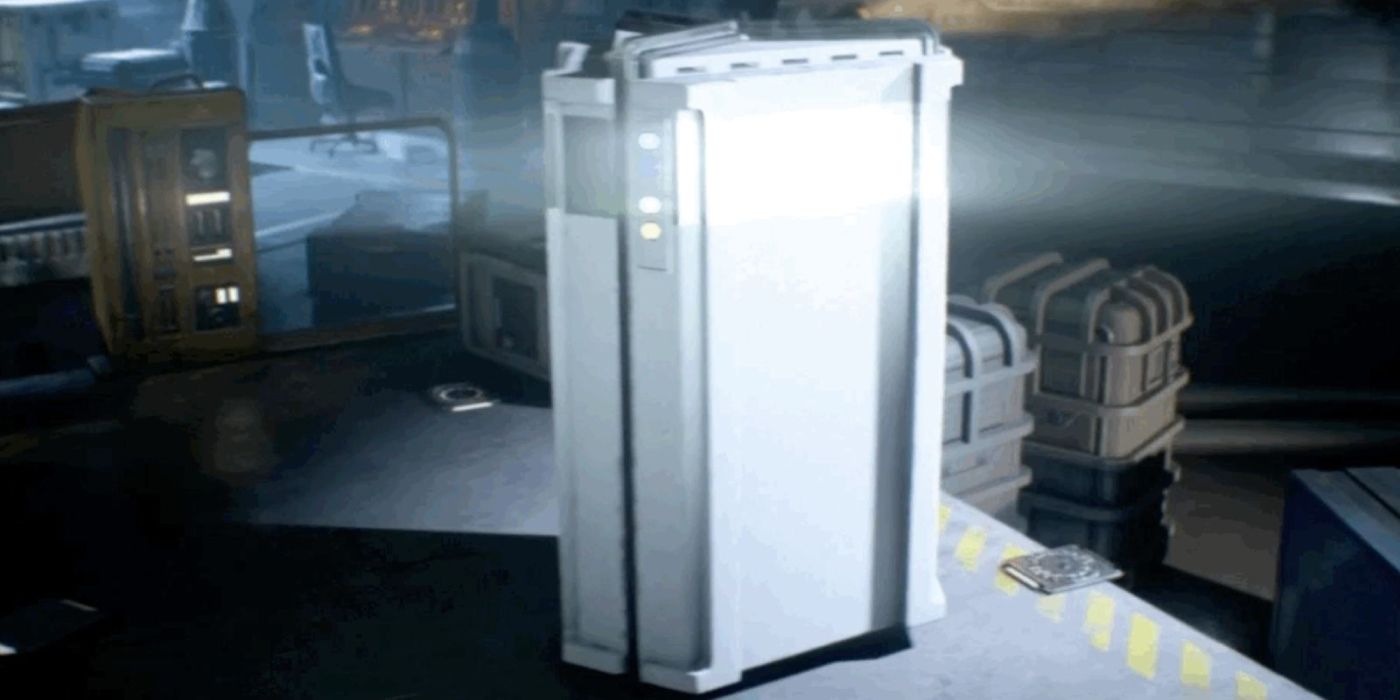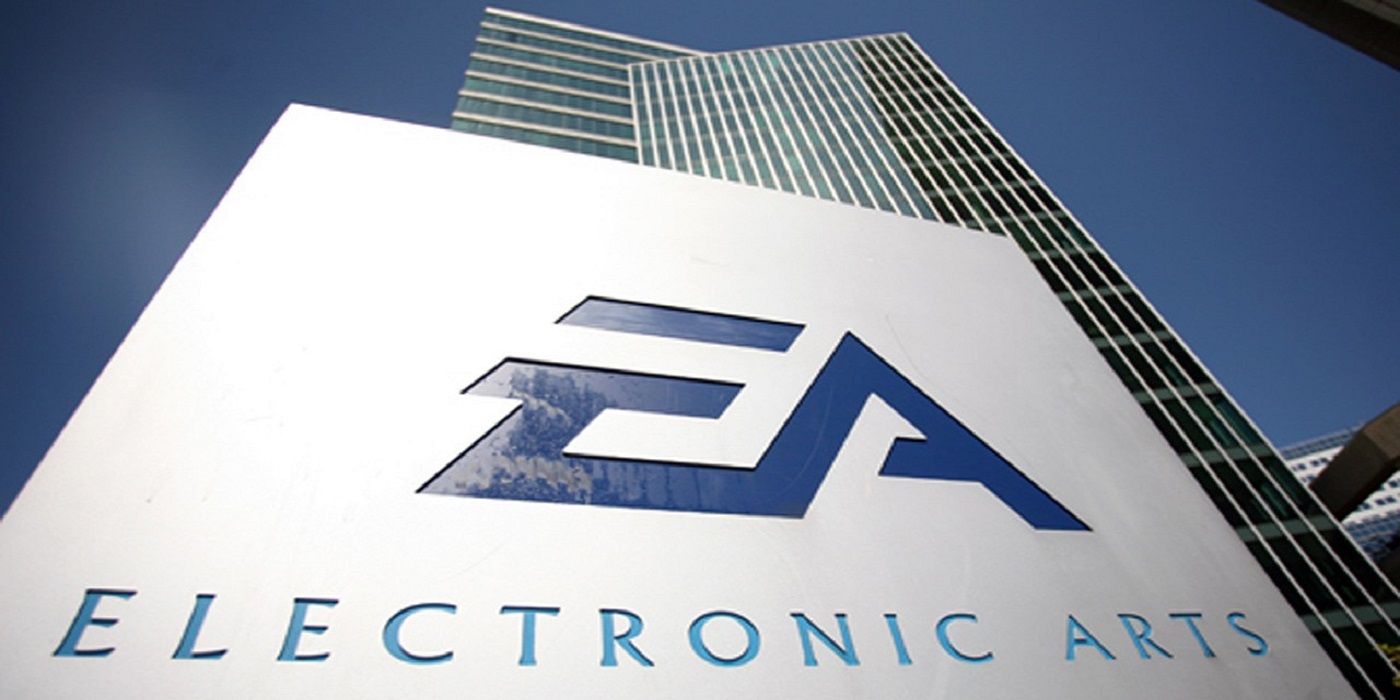[UPDATE: An Electronic Arts spokesperson has provided clarity on the patent stating that it is not intended for use in any upcoming EA games. Rather, the patent was filed without the company's knowledge and only fell under the EA umbrella after a previous asset acquisition. This should help calm concerns regarding the patent's use.]
Electronic Arts is well known these days for having implemented some of the most predatory microtransactions gaming has ever seen. It’s not alone in this, as 2K Games has received negative attention for its recent microtransaction-riddled NBA 2K20, but EA holds a special place among publishers with a considerable love of in-game monetization. As a newly-discovered patent owned by it shows, that could lead to even more trouble for gamers and their wallets.
Last year, it was discovered that EA had filed a patent for a matchmaking algorithm that many feared could be used to push microtransactions on players. While the filing never explicitly stated that was the intent, older patents in the same vein have expressly stated the potential for deliberately matching novice players against more decked-out players, a means of coercing them to make use of microtransactions in order to help them copy their superior opponents.
But that kind of pressure is arguably nothing compared to another patent EA picked up, as reported by SegmentNext. Not only can the system this one covers be applied to more types of games, it also comes with a ticking clock. As the filing describes it, the system takes “offers provided within a game space” and can make them “decrease in value based on previous acceptances of the offers.” Or to put it in non-sterilized terms, Electronic Arts' system can make in-game purchases like, say, loot boxes less valuable for players who aren’t the first to buy them. This rewards players who buy right away while pressuring everyone else to pay up as quickly as possible if they don’t want to lose any more bang for their buck.
One may be tempted to dismiss that as the kind of idea EA would come up with, yet it actually wasn’t the original filer of this patent. That distinction belongs to Kabam, a former publisher of mobile games, a market where microtransactions and loot boxes are particularly frequent. Kabam held on to the patent up until is acquisition by FoxNext Games in 2017, after which EA grabbed it up the following year and is currently slated to hold onto it until 2035.
This suggests EA didn’t learn the same lesson most people would have expected from the immense controversy surrounding Star Wars Battlefront 2’s initial use of microtransactions and loot boxes. That was a debacle large and problematic enough to get the attention of actual political powers, which is why places like the United Kingdom are trying to ban loot boxes from being sold to children.
However, despite many consumers’ grievances with the current trend, microtransactions, loot boxes, and the like continue to remain huge sources of income for publishers. So although it doesn’t look like EA has applied its time-based system to its games’ monetization features yet, it’s probably only a matter of time before it shows up somewhere.
Source: Google Patents (Via: SegmentNext)


